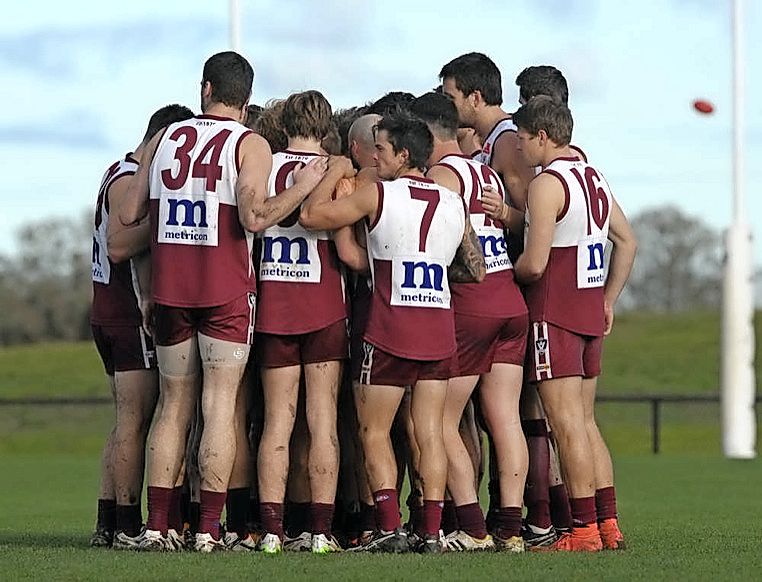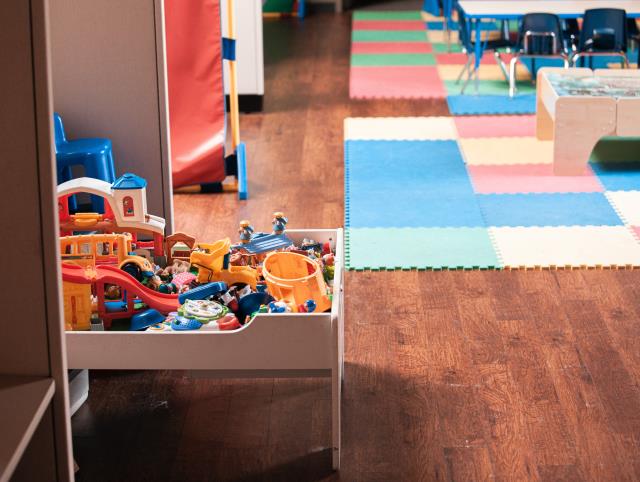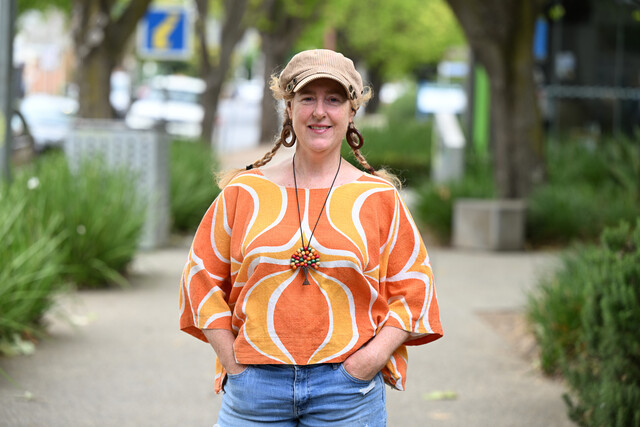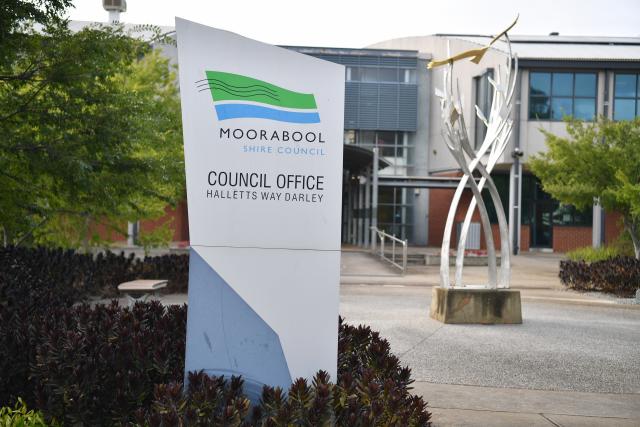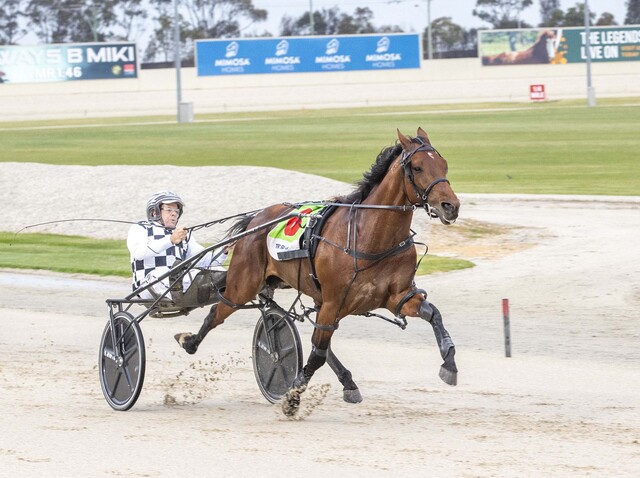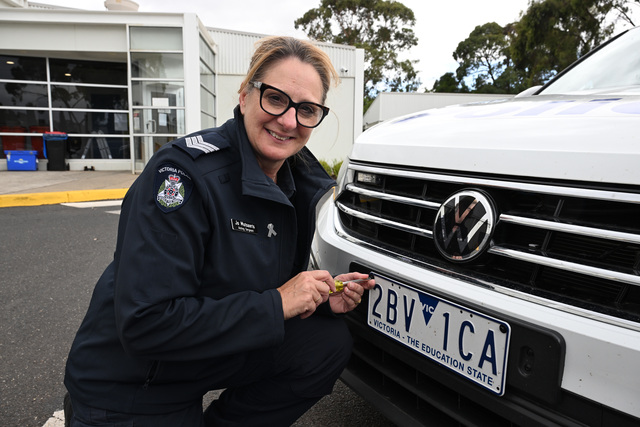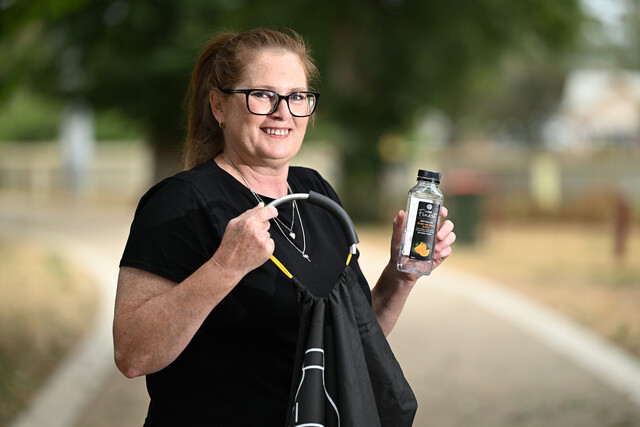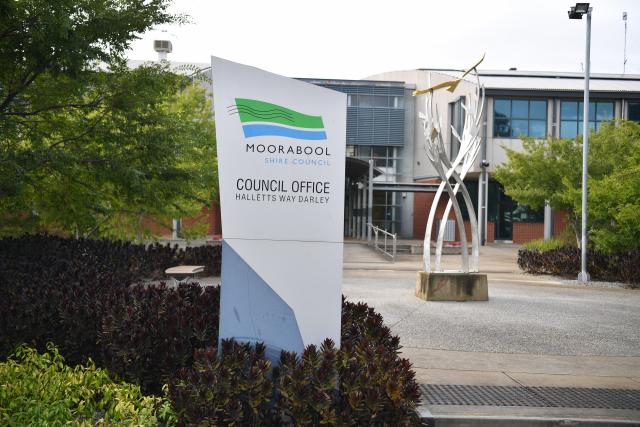AFL Goldfields has admitted it’s worried by football participation rates in Melton.
Following a 12-month review, the region’s football governing body released figures last week which show only eight per cent of males between five and 39 who live in the area are playing any form of Australian Rules football.
But AFL Goldfields general manager Rod Ward said the long-term future of clubs in the region was safe.
“I have no concerns about the viability of our clubs,” he said. “We meet them regularly and we’re working very hard in partnership with them to ensure they have long-term futures.
“We anticipate growth in the coming years. There won’t be a reduction; there will only be an increase.”
AFL Goldfields doesn’t want to be in a position where its clubs are surviving; it wants them to thrive.
Its biggest manoeuvre will be to set up a Melton football advisory group, with its members to include league and club officials, school representatives and an Auskick district director.
The advisory group will aim to provide recommendations on football across the Melton City Council area to increase participation, support clubs and maximise future growth.
“Participation rates for sport in general in Melton have declined significantly,” Ward said.
“Sport in Melton is struggling and there are a number of reasons for that. We need to concentrate on turning it around in terms of football participation. We’re working very hard to do that.”
Clubs surprised by findings
While the report’s findings were released only last week, it didn’t come as a surprise to some of the clubs in the local area.
Melton Football Club president Scott Paterson said growing player payments and the ease of players being able to switch leagues had put extra emphasis on clubs to focus on talent from the local community.
With Melton competing against the likes of Melton South, Melton Centrals and Rockbank, this can sometimes prove problematic when clubs are chasing the same players.
Paterson said the key was to make football enjoyable within the early junior age groups.
“You’re never going to be able to stop players moving and getting big-money offers, so it’s about trying to get more people in the community to play football,” Paterson said.
“If you make it enjoyable for them, they will keep playing.”
From next season, AFL Victoria will implemented a statewide player points cap in a bid to level out local leagues.
A salary cap will follow in 2017 and Peterson expects both measures to help clubs get a better handle on retaining players.
Melton has had its own battles retaining juniors in recent times, with the Bloods dropping from two under-16 sides to one in the past two years.
Rockbank push for juniors
Meanwhile, Rockbank has also been working hard to try to re-launch its junior program.
The Rams had no junior teams last season, which head coach Gavin Sporle knows is detrimental to the club’s long term future.
Although Rockbank is in an area expected to go through a population boom in the next few years, Sporle said that didn’t mean the club could sit back and do nothing now.
He believes expansion of the neighbouring Western Region Football League to a three-division competition means players who have previously come to the club to play reserves football are now choosing to play seniors elsewhere.
“The boom area hasn’t taken off yet,” Sporle said.
“We will put some mapping around what sort of participation we’re getting from these areas as they start to grow in the next two or three years. That will give us a better feel for it.
“In the meantime, it’s frustrating that guys living locally, who previously would have played reserves and senior football for our club, are now getting good money to play at a division 3 or division 2 level.”
New base in Melton
AFL Goldfields has also vowed to implement a number of other measures to ensure it’s supporting football in the area.
It has moved its Riddell District Football League headquarters to Arnolds Creek in Melton to ensure it has a base in the region.
AFL Goldfields has employed a development officer and a multicultural trainee in an effort to tap into local schools and the growing multicultural population in the area.
As of next season there will also be a midweek under-9 competition, giving youngsters who can’t commit to weekend games another means of playing.
“We have invested significantly in Melton and we’ll continue to work very hard in the area,” Ward said.

